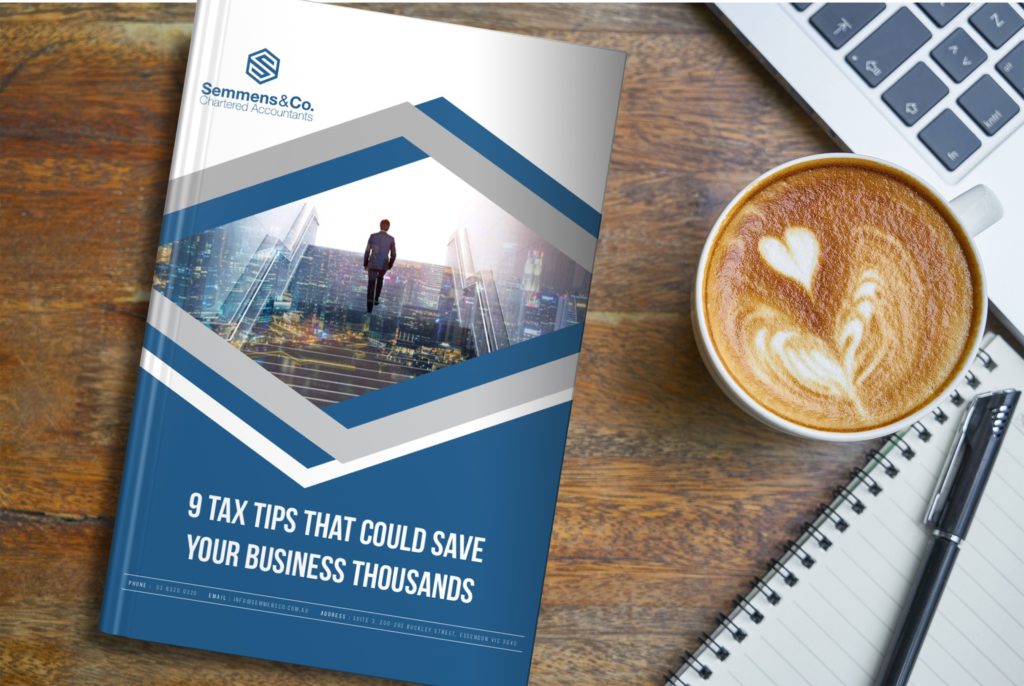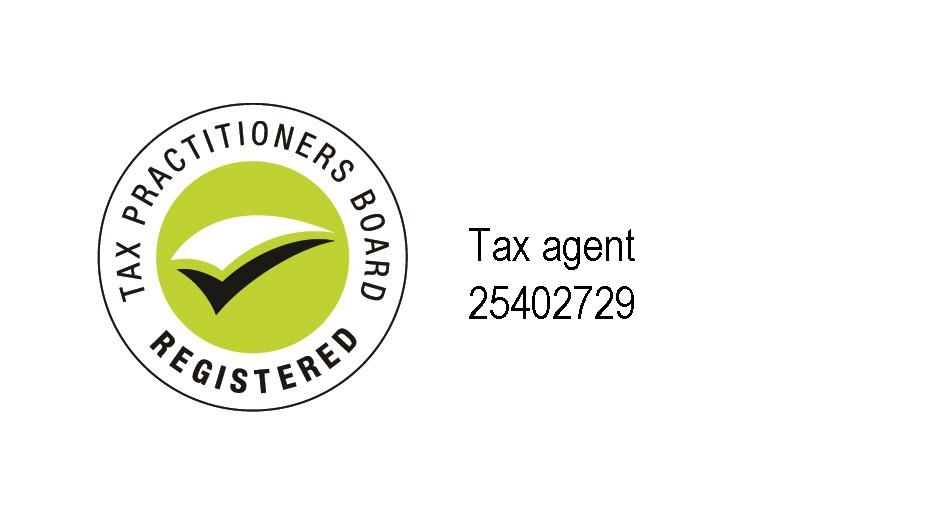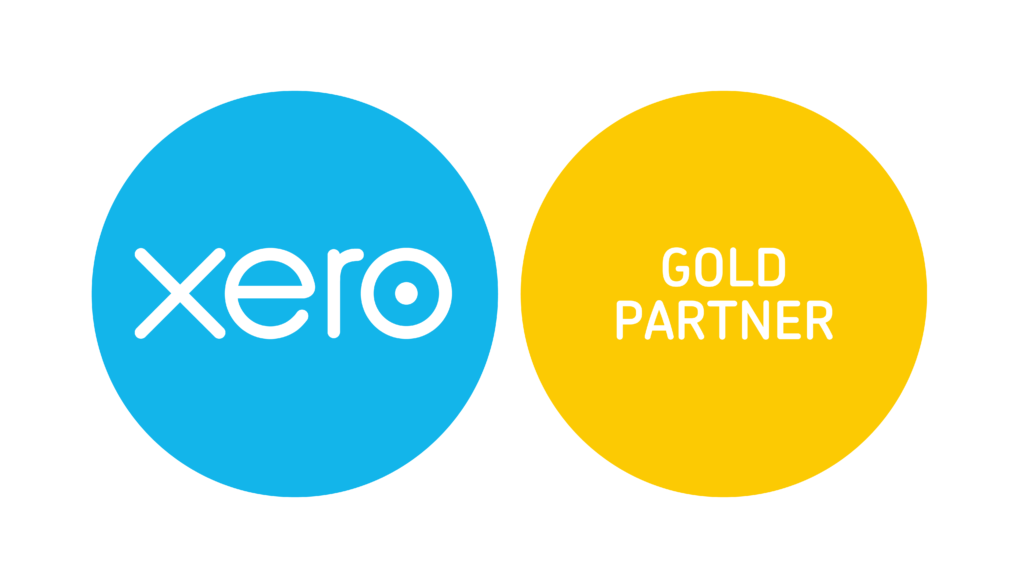Commonly Missed Tax Deductions You Should Be Aware of Before EOFY

When completing your individual tax return, you’re entitled to claim tax deductions for expenses that are directly related to earning your income. These tax deductions reduce your taxable income, and may even equate to a return.
NB: For an understanding of claimable tax deductions for your business, see our next article in this series on Deductions, to be released on Thursday 21 March.
To claim a tax deduction for work-related expenses as an individual:
- you must have spent the money yourself and, not been reimbursed by your employer;
- the expense must be directly related to earning your income; and,
- you must have recorded the expense (kept receipts) to prove you paid for it.
The general categories you may be able to claim are:
Vehicle and Travel Expenses
- The ATO defines work-related car expenses as kilometers travelled in your car while you are earning your income. To be eligible, you must be the owner of the car and your travel must be part of your working day, for example, driving between offices, special trips to the post office or bank (not including stop-offs on the way home) or moving from one job site to another.
- If you are required to use your personal car for work-related reasons, you can usually claim fuel and maintenance costs as a tax deduction.
- There are now just two methods for calculating this tax deduction: you can either use a 12-week logbook (which can re-used for 5 years!) or the cents per kilometer method.
- You cannot claim trips between work and home unless you’re carrying heavy equipment for work, or transporting heavy tools required to do your job.
Work Related Travel
- To claim a tax deduction for work related travel, the travel must be relevant to your job function. Where you have the necessary documentation, you can claim the cost of transport and incidentals. If your travel involved an overnight stay, you may also claim for meals.
- It is important to note that overseas travel also requires you to keep travel diary where the travel is 6 or more nights in a row.
Clothing, Laundry and Dry-Cleaning Expenses
- Compulsory uniforms are generally deductible if they identify you as an employee of that organisation or a worker in a specific occupation (e.g. Chef’s whites). A requirement to simply wear specific colors, (e.g. a waiter being asked to wear a white shirt and black slacks) or your company’s own brand of clothing (if they are still conventional clothes), is not enough to make the clothing tax deductible.
- Corporate wardrobes may be deductible if certain conditions are met. For example, if the uniform design is registered with AusIndustry.
- To claim the cost of a uniform (either the purchase of or professional cleaning), the uniform must be unique and distinctive, for example, shirts and hats that contain your employer’s logo.
- Provided that the clothing is deductible then you may also claim maintenance costs (laundry, dry cleaning and repairs). Laundering your uniform at home can be claimed, using a simple formula provided by the ATO, which covers the cost of detergent and use of your washing machine.
Gifts and Donations
- Donations to organisations that are endorsed by the ATO (as deductible gift recipients) can be claimed.
Home Office Expenses
- Do you work from home? How about checking and responding to work emails in the evening or on the weekends? If you do, then you may be able to claim the cost home office expenses as a tax deduction.
- If you work from home on an adhoc basis, you may be able to claim home internet services, electricity, software and hardware costs but only the proportion of the expense that relates to your work, not the private use component.
- If you work entirely from home (you may be self-employed or work as a home-based employee) you can usually claim the occupancy cost of your dedicated home office space as a tax deduction. These expenses can include software, equipment, furniture and a percentage of your rent/mortgage and electricity.
- Home office claims can include the cost of your computer, printer, phone and other electronic devices. In some instances, you may also be entitled to claim the depreciation on those assets and capital expenses.

Interest on loans directly associated with Investment Income
- If you are generating an income from an investment, whether it be a rental property or shares that generate a dividend, you may be able to claim some of the associated costs and interest.
- For example, if you borrow to purchase an asset, you may be able to claim the interest on loans and borrowing costs.
- If you are investing, you may be able to claim the cost of seeking advice from a wealth manager, as well as investment magazine subscriptions, account fees, internet access and possibly even depreciation on your computer where this is used to assist in generating income.
- If you have purchased an investment property, you may be able to claim any interest paid on your loan account as well as electricity, water, rates, repairs and maintenance, agent’s costs, depreciation and land tax to name a few.
- It is important to note, that in the case of an investment property, care must be taken to separate capital works (building works) from repairs and maintenance and claim your expenses using the correct category.
Self-education expenses
- If you are undertaking study that relates to your current job, you may be able to claim expenses like course fees, textbooks, stationery, internet, home office expenses, professional journals (subscriptions), some travel and student union fees.
Mobile Phone
- If you are using your personal phone to take and make work related calls to clients or other staff members, you may be entitled to claim the portion of your mobile phone bill that relates to the work-related use.
- You can only claim the cost of your work-related calls, not your entire phone bill. It’s a good idea to keep a diary of logbook for at least one month) to record when you use your personal phone, to determine the average percentage of your calls that are work-related.
Tools, Equipment and Work Wear
- If your job requires you to have your own tools or equipment (to earn your income), you can claim a tax deduction for some or all the associated cost.
- If you work outside this can include protective workwear, sunglasses, hats and sunscreen. If you work from home, you may be able to claim office equipment, safety equipment and technical instruments.
Other Tax Deductions
- If you used a tax agent to prepare and lodge your tax return last financial year, you can claim the amount paid on this year’s return.
- Are you part of a union? How about a membership body related to your profession? If you pay work-related union or membership fees you can claim the total cost of these fees.
- Other items that may be claimable are; income protection insurance (if it’s not through super), overtime meals, personal super contributions and other expenses incurred in the course of earning an income.
While some of these items may seem small, when added together they could save you a respectable amount of money. Now is a great time to discuss tax deductions – especially those deductions that are most often missed. If you’re still not sure what you can or can’t claim contact us for more information.
Semmens & Co strongly recommends that you aim to correctly report all income and maintain appropriate records for deductions – to ensure you avoid the inconvenience and time associated with responding to an ATO audit.
Have a query about tax deductions? If you have any questions or need advice and clarity specific to your situation, feel free to contact Semmens & Co on 03 8320 0320 for a free consultation.
If you’re looking for more information on how to maximize tax benefits for your business, download our e-book Top 9 Tax Tips That Could Save You Thousands or, learn more about these strategies by registering to attend our webinar.







